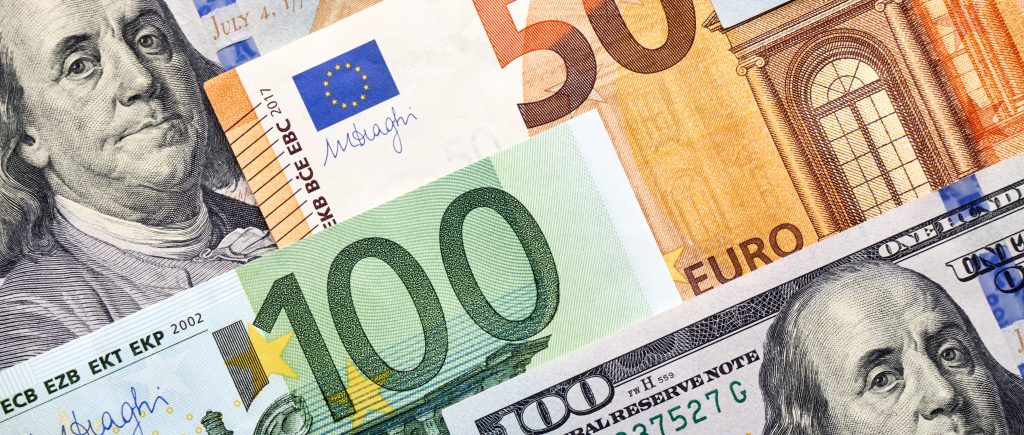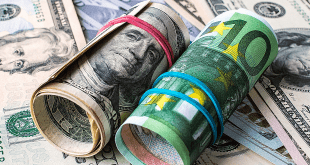Euro has shown resilience despite weaker-than-expected German economic data released on Tuesday. This data highlighted a deterioration in consumer confidence within the Eurozone.
The German GfK consumer confidence index fell to -22.0 in September, compared to -18.6 in August, reflecting growing pessimism among European consumers about the economic outlook.
Additionally, Germany’s gross domestic product contracted by 0.1% in the second quarter of 2024, confirming earlier preliminary estimates. This follows a 0.2% growth in the first quarter. On an annual basis, Germany’s GDP was unchanged, showing a 0.1% contraction compared to the same period last year.
Despite this negative economic news, the euro/dollar pair rose to 1.1183, up from the previous day’s close of 1.1160. The pair traded in a range between 1.1150 and 1.1190.
The euro’s strength was also supported by a decline in the US dollar following the Federal Reserve’s meeting and Chairman Jerome Powell’s remarks at the Jackson Hole symposium. Powell’s comments hinted at a potential interest rate cut in September, which weakened the dollar and boosted the euro.
 Noor Trends News, Technical Analysis, Educational Tools and Recommendations
Noor Trends News, Technical Analysis, Educational Tools and Recommendations





